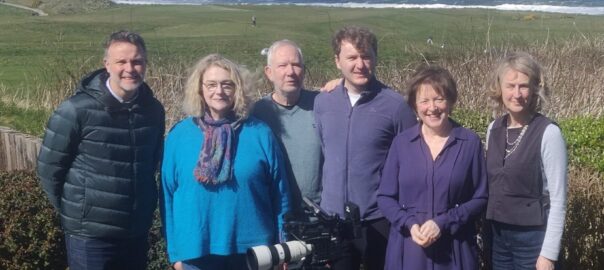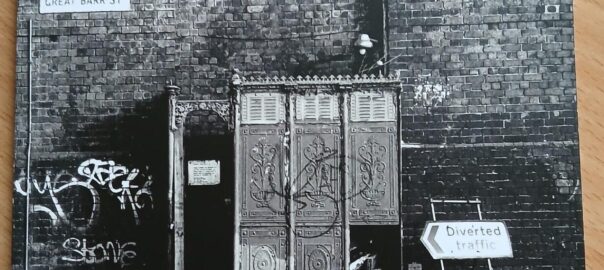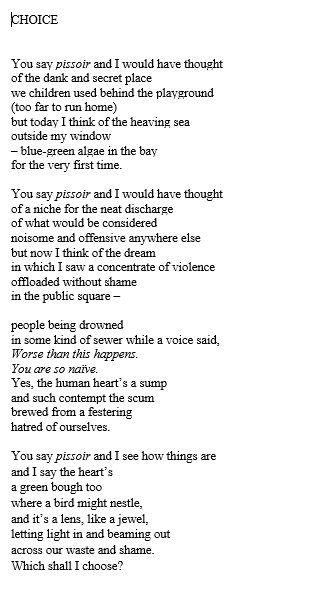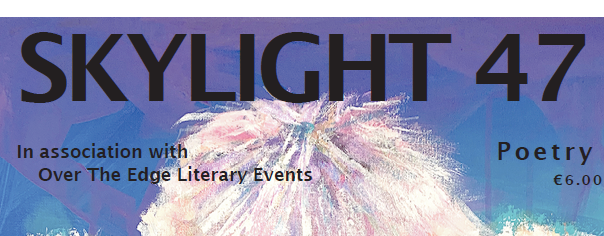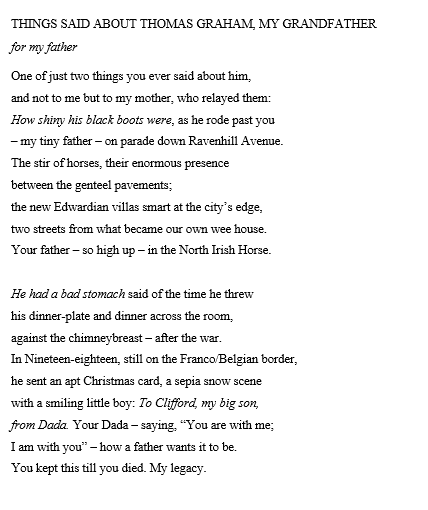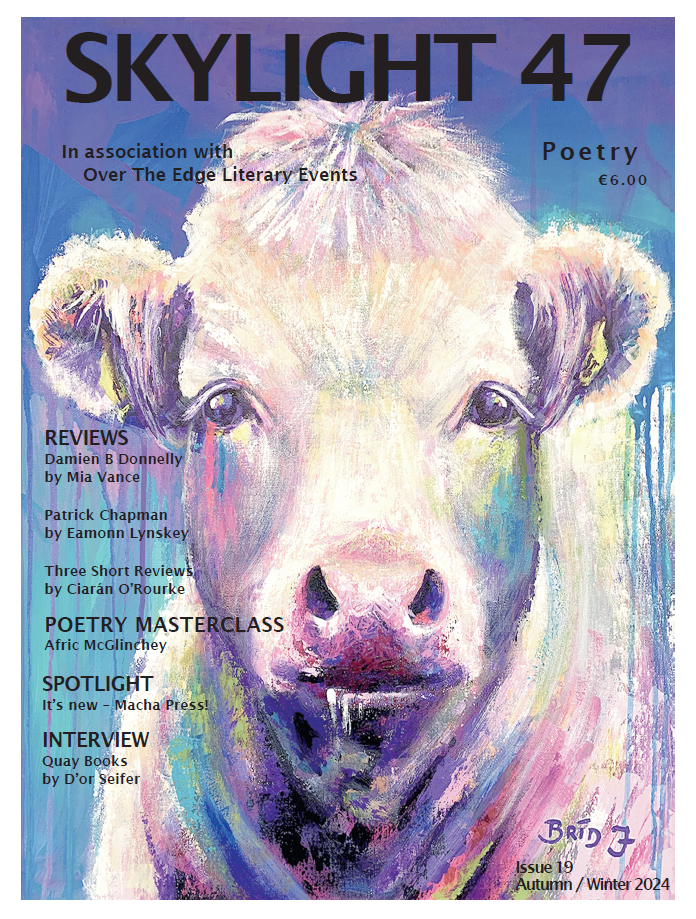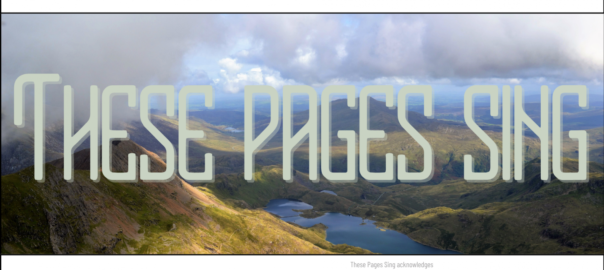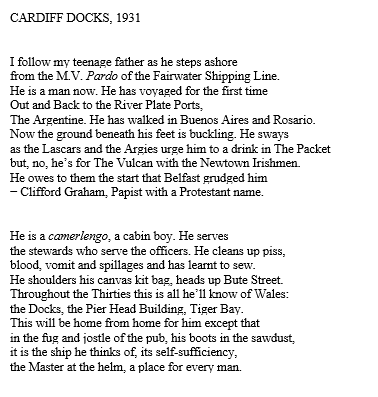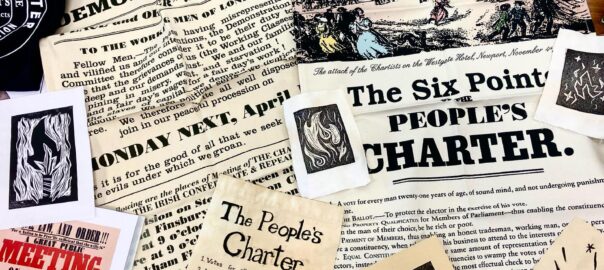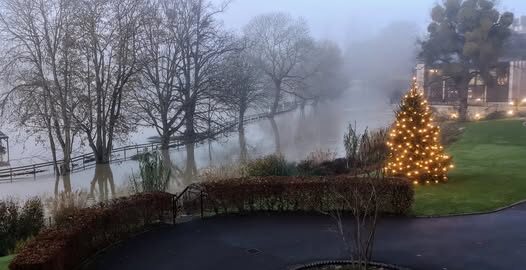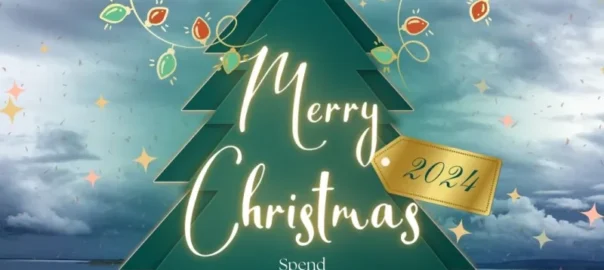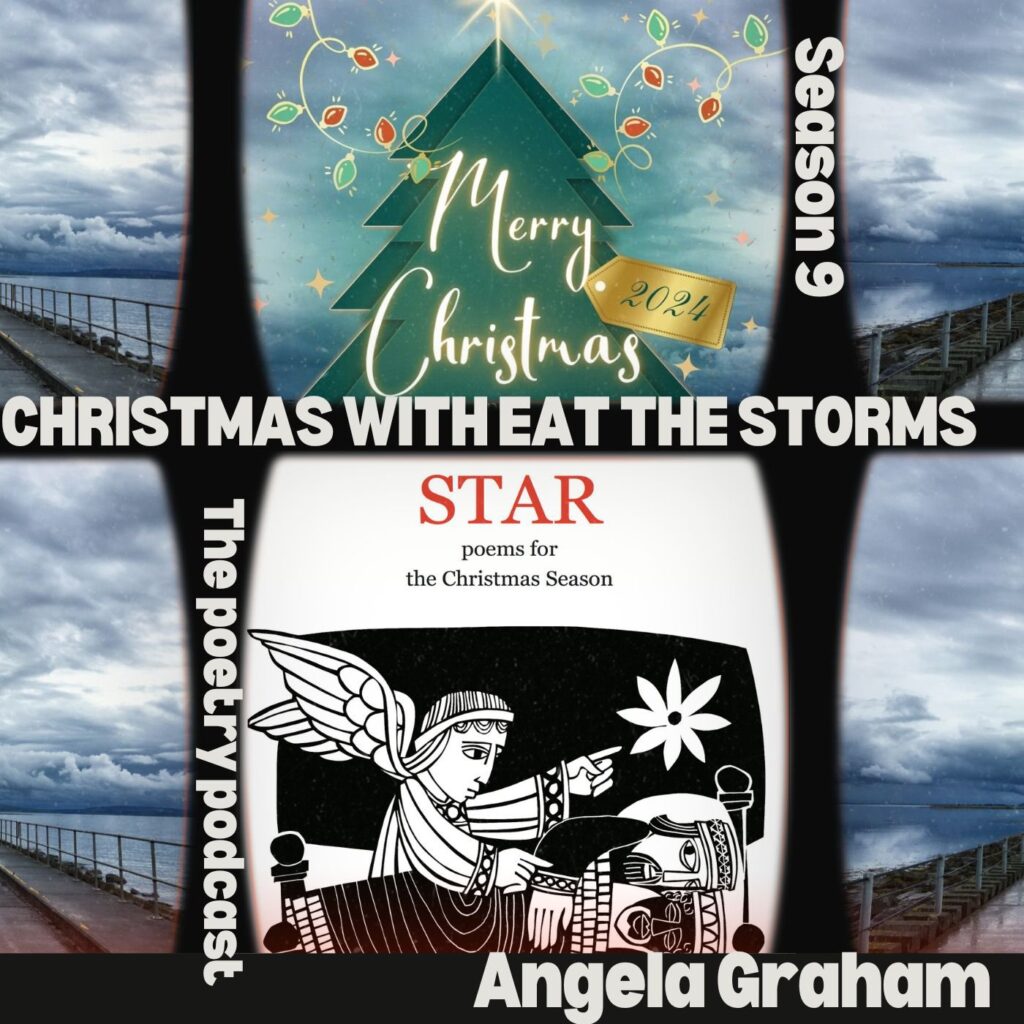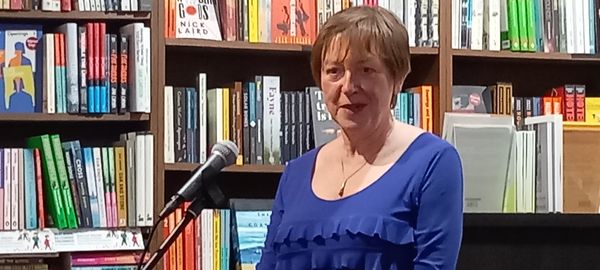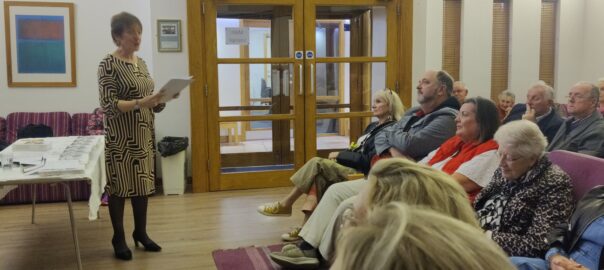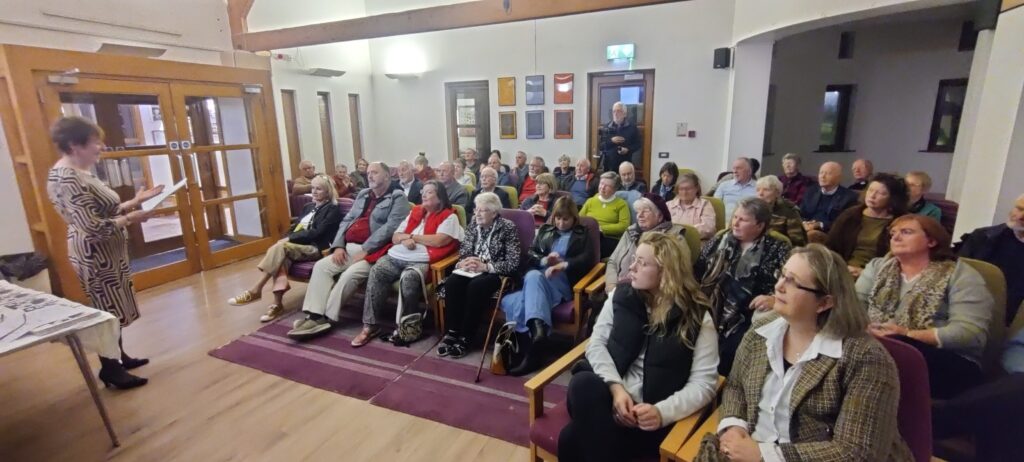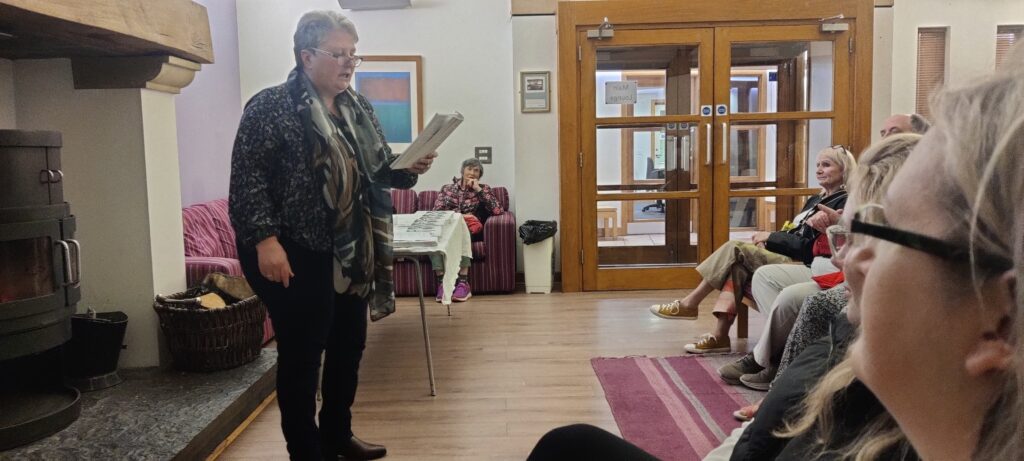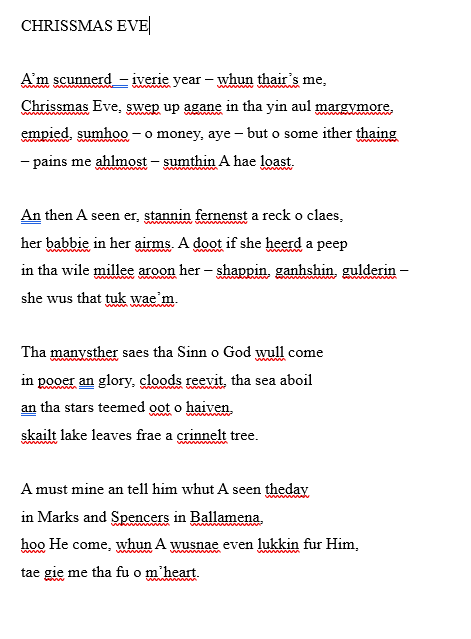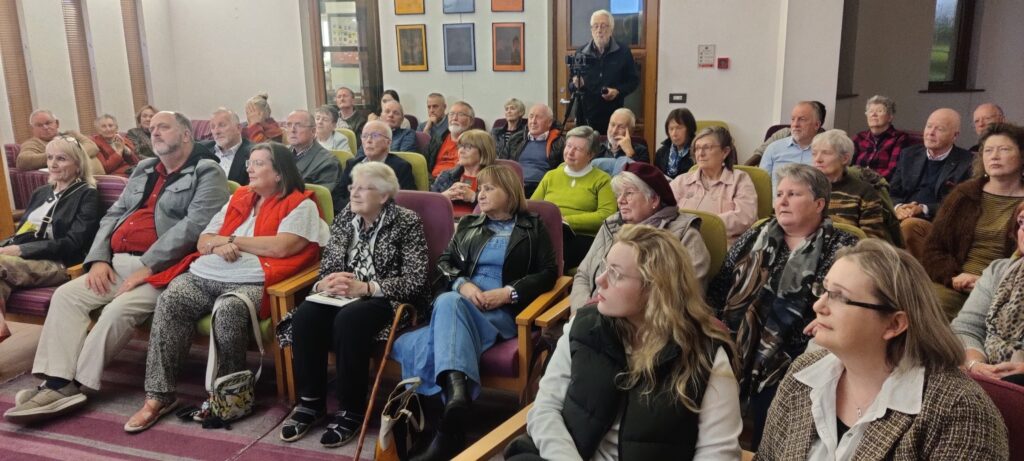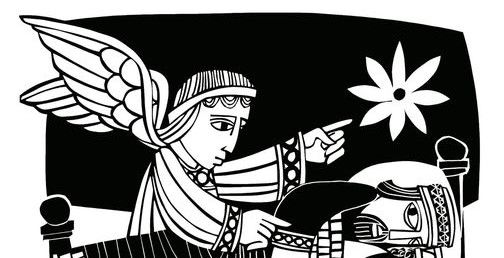A single post for these four months, partly because my right arm has been somewhat out of action for a while so this is a rather rough and ready post . Photo shows Anne McMaster and me with crew on Double Band Films shoot.
I’ve completed a poetry collection with the working title ALL OF US HERE . 59 poems, 80 pages.
For The Irish Times, 29th March, I reviewed Richard Wyn Jones’s, Putting Wales first: The political thought of Plaid Cymru (Volume 1). University of Wales Press.
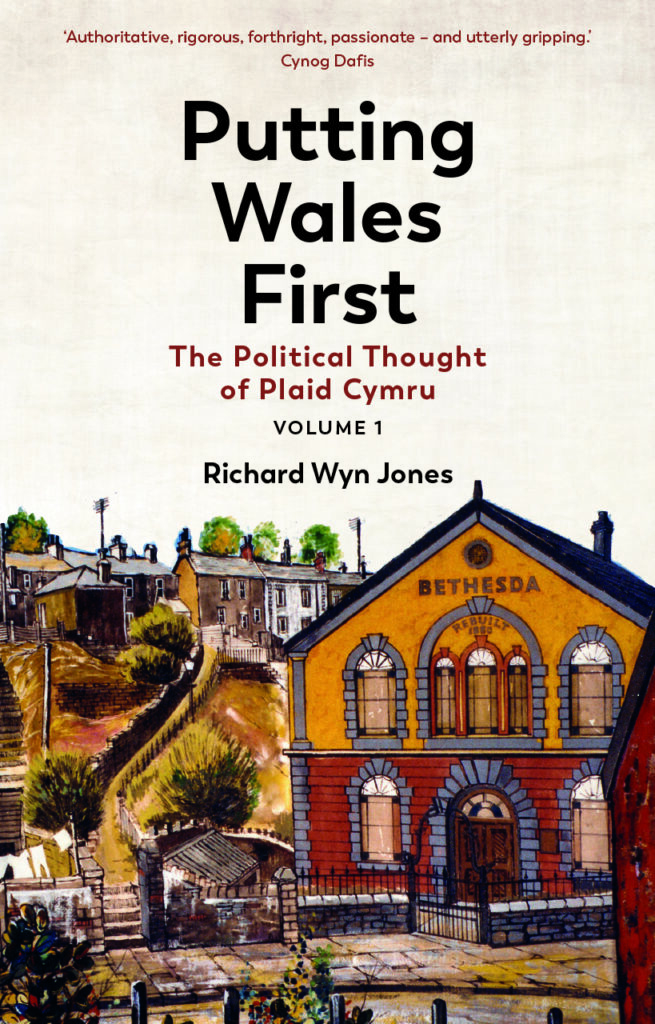
Nawr magazine published my Welsh-language poem, ‘Newid’ and an article by me about writing about The End of the World in Ulster-Scots, Welsh and English, https://nawrmag.wordpress.com/blog/
The documentary Out Of The Silence, presented by Anne McMaster was screened on 16th February on BBC One Northern Ireland. I featured in this alongside other female authors from NI. View here https://www.bbc.co.uk/programmes/m00281kw
The Linen Hall is an historic library in Belfast, which holds the largest collection of Robert Burns material, outside of Scotland in The Gibson Collection : https://linenhall.com/gibson-collection-samantha-mccombe/. Fragments of Scotch Poetry is the second curation of commissioned poems for the Poetry Jukebox and follows The Lexicon; a curation in English, Irish, French and Breton. I’m one of ten contemporary poets commissioned to write a new poem, inspired directly or indirectly by Burns. These new poems will feature on the Poetry Jukebox at the Linen Hall and at least two other venues as well as online.
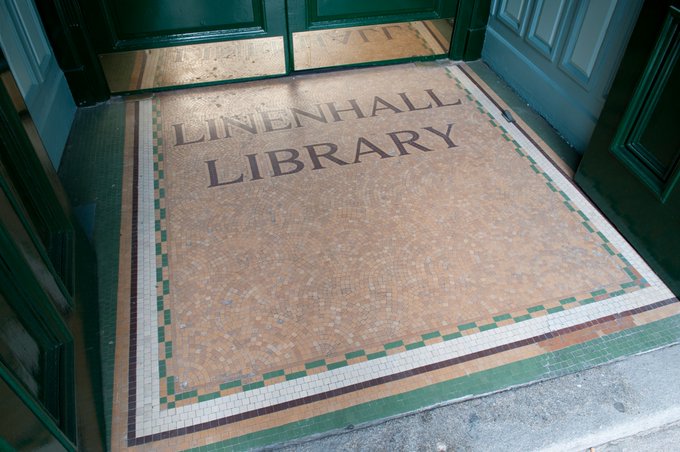
I was allocated Burns’s Address To A Haggis as my starting-point. Having read widely in the Gibson collection I was very struck by Burns’s political commitment and by the facility with verse forms which all the poets demonstrate. So I’ve written a poem about Trump and Netanyahu which draws on both these.
Issue 14 of Offline Journal https://www.offline.wales/ which deals with contemporary photography, commissioned Phil Cope to do one of its separately published long-form essays on the subject of photo-poetry. Two poems of mine which are based on family photographs are featured.
I am delivering four sessions for Ballycastle Writers Group on prose and poetry.
